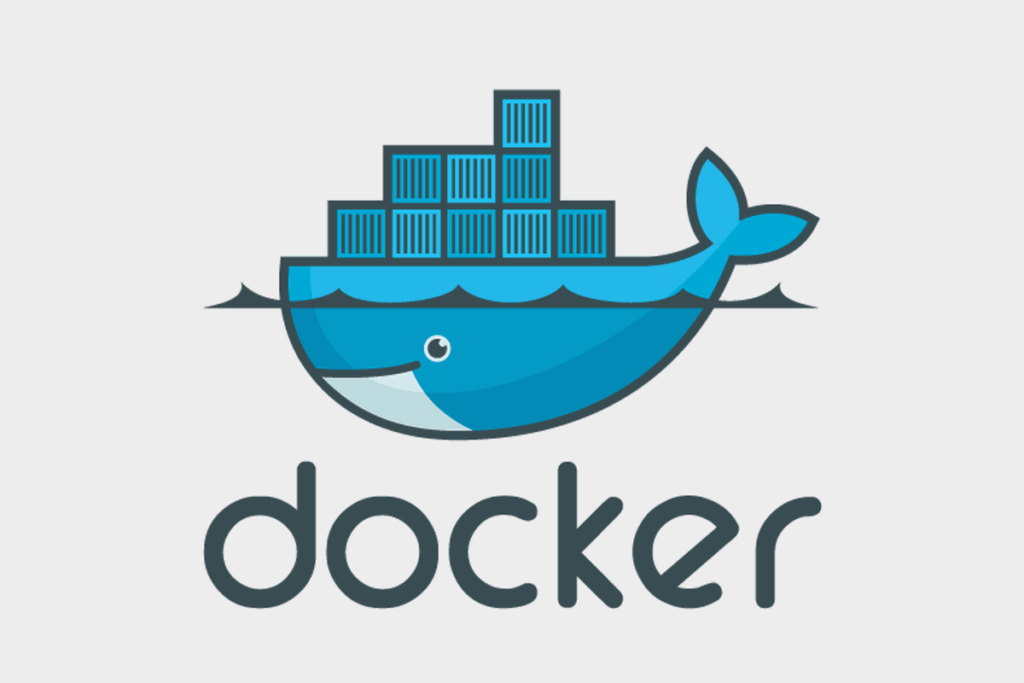Introduction
In the evolving world of containerization, Docker is at the forefront. Emphasizing Anant’s commitment to modernizing data platforms, this blog post delves into “Docker’s Open Service Ecosystem.” We will explore Docker’s core functionality and compare top open-source tools and integrations.
What is Docker?
Docker is a platform that simplifies containerization, allowing developers to package applications with all necessary components into a standardized unit. It’s a key player in DevOps, providing flexibility and consistency across various stages of development and deployment. Now, let’s unveil the top integrations.
Top 5 Open Source Tools & Integrations:
1. Kubernetes (Link)
- Purpose and Use Case: Container orchestration and management; enhances automation and scalability.
- Supported Platforms and Integration: Supports various cloud platforms and integrates with Helm, Istio, and more.
- Ease of Use and Learning: Steeper learning curve, but rich in features.
- Scalability and Extensibility: Highly scalable and extensible with a broad community support.
2. Portainer (Link)
- Purpose and Use Case: User-friendly GUI for managing Docker containers.
- Supported Platforms and Integration: Integrates with Docker Swarm, Kubernetes, Azure ACI.
- Ease of Use and Learning: Ideal for beginners; intuitive interface.
- Scalability and Extensibility: Moderate scalability; extendable through templates and extensions.
3. Prometheus (Link)
- Purpose and Use Case: Monitoring and alerting toolkit; tracks performance.
- Supported Platforms and Integration: Integrates with Grafana, Alertmanager, and various exporters.
- Ease of Use and Learning: Moderate learning curve with extensive documentation.
- Scalability and Extensibility: Scalable architecture and extensible through community-driven plugins.
4. Grafana (Link)
- Purpose and Use Case: Open-source analytics and monitoring platform; visualizes data.
- Supported Platforms and Integration: Integrates with Prometheus, InfluxDB, Elasticsearch, and others.
- Ease of Use and Learning: User-friendly with pre-built dashboards.
- Scalability and Extensibility: Highly scalable and supports numerous data sources.
5. Docker Compose (Link)
- Purpose and Use Case: Tool for defining and running multi-container applications; improves deployment.
- Supported Platforms and Integration: Works exclusively with Docker.
- Ease of Use and Learning: Simplifies complex applications; good for beginners.
- Scalability and Extensibility: Designed for smaller deployments; not highly scalable.
Conclusion: The Synergy of Tools
In the context of Docker’s Open Service Ecosystem, these tools offer diverse functionalities. Kubernetes stands out for large-scale operations, while Portainer is great for beginners. Prometheus and Grafana together provide a robust monitoring solution, and Docker Compose streamlines deployments.
At Anant, we strive to guide you through these complex decisions, aligning with your specific needs and goals. Whether you need assistance with integration or choosing the right path, our expertise in the surrounding data engineering space will ensure your success.
Connect with Anant for a tailored Docker solution. Let us empower your team with the best bleeding-edge technology.




